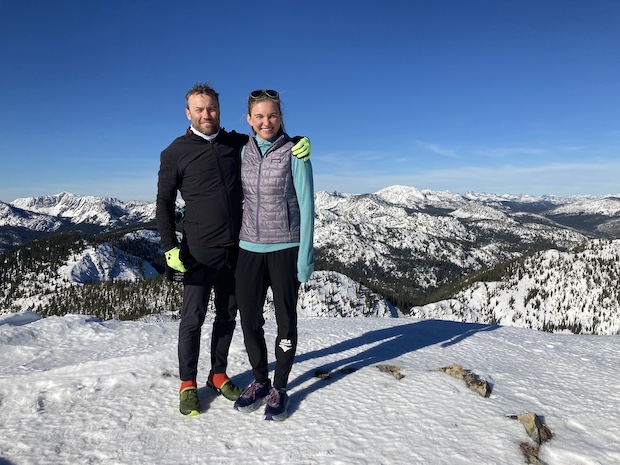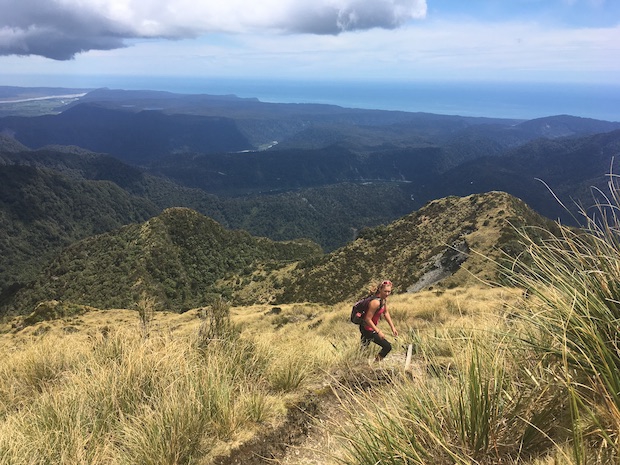What Should Off-Season Look Like?

There’s really two types of people who train. One type is the athlete that moans about the thought of an off season, more or less trains through it, and in general refuses to let their fitness levels ever drop. The second type juices every extra day off they can get. I often fall towards the latter, asking the question ´how much can I get away with?´ instead of ´how little is required?´. Any of you reading this have probably spent the past month talking with every triathlete you see about how much off season they took, how little they actually did, etc, etc. We all do it, because none of us are ever certain what the right recipe for off season is.
If you’ve ever wondered whether or not to take an off season at all, I’ll say that yes you should. I am not a coach or at all qualified to say that. I am pretty certain, however, that it’s going to be good for your body, your brain, your family, and enjoying life. The most obvious reason to rest, and everyone’s hope, is that time off can allow any little injuries you’ve been coaxing along to calm down. More generally than that though, it can be good to decrease overall stress levels. We all get hyped up, anxious, exhausted, overambitious, sleep deprived, and more during training and giving your body some time to decompress will not hurt. Mentally, the time down will also reduce your chances of becoming overworked and burnt out. Those are real things that you can’t just push through. Finally, your family will probably be glad that for once your life can revolve around something other than training. This year my parents made it very clear that they wanted to visit during the time when I had absolutely zero training sessions to do!
Even if you love training, you can still enjoy the downtime too. Soak up the little things in life! I always look forward to cooking less without getting hangry. Also a lazy weekend morning is the best. In my view, I love what I do, I love triathlon, and I love training. However, even if I took an entire month off each year, I would still do plenty of triathlon training. I like to be all-in on things when I do them. I really struggle to turn my “triathlon brain” (the one that is always analyzing if I’m getting enough rest, quality sessions, sleep, food, etc.) off during the season. So, for me, that means that I like to be completely all-out during the off season. I really crave some time to just be anyone but an athlete.
So, how long should your off season be? The most common length of time that triathletes take off is two weeks. The biggest benefit of shorter off seasons is that you have less injury risk when building back into training. You can also build back volume a bit quicker, fitness will dip less, and if all goes well you are left with a longer base training season before your first race. The sneaky reason to take a shorter off season is that you can then afford some extra weekends off training later on, but don’t tell your coach I said that. Benefits of a longer off season basically boil down to coming back mentally fresher and hopefully feeling happy about having found some life balance. I’ve taken anywhere from one week off to a bit over three weeks off. It was based mostly on how burnt out on training I felt, but also how long I had until races started up. Spoiler alert, this was a shorter and more active off season for me because in the short course world we have a meager three months between 2022 racing ending and 2023 racing starting.

Off season also doesn’t have to mean zero moving. It can, if you want it to. From personal experience trying both ends of the spectrum, its probably best to find something at least a little active that you like. A couple years back, my boyfriend and I did a 37 mile hike. Basically, I told him that we didn’t have to go the whole way, but secretly very much wanted to go the whole way, and then I was the one crying when we hit a sign that said there were still 10km left. I wouldn’t suggest doing that much. Last year, I took my longest off season and actually did very very little moving. When I started training again, I injured my back more or less right away. That made me take even more time off. So, I wouldn’t suggest doing that either. But short hikes, skiing, water sports, or whatever you have access to is fair game. This winter I moved to Boulder, got some skate skis, and am currently debating how much of that I get to continue doing as I build back into full training.
In the case of off seasons, trust the goldilocks principle. Too little is as bad as too much. The biggest trick is remembering that time off is for your brain as much as your body. If you can learn to completely shut off training thoughts, then no matter what you do it will a well spent off season.


Start the discussion at slowtwitch.northend.network